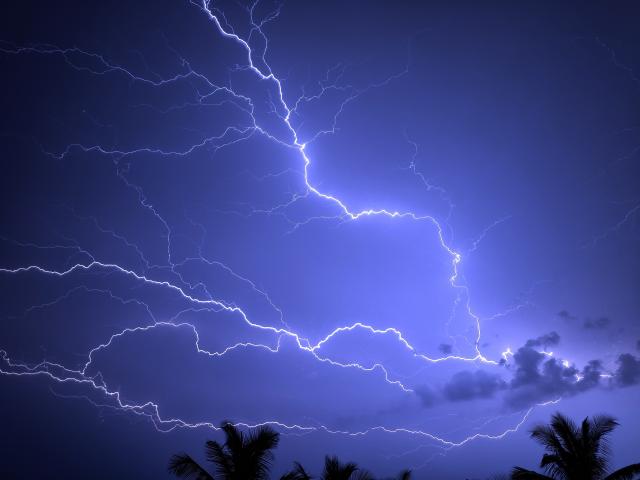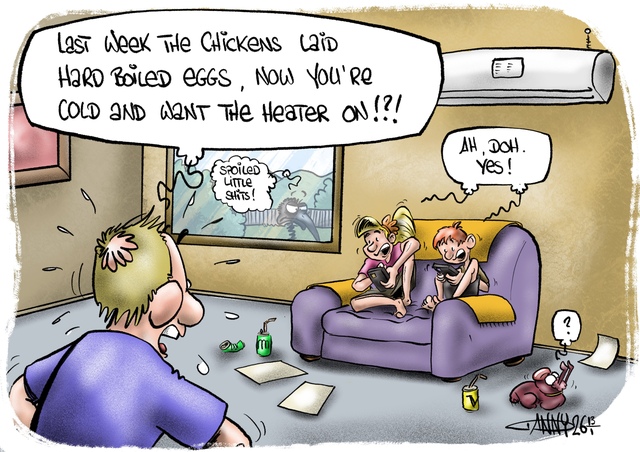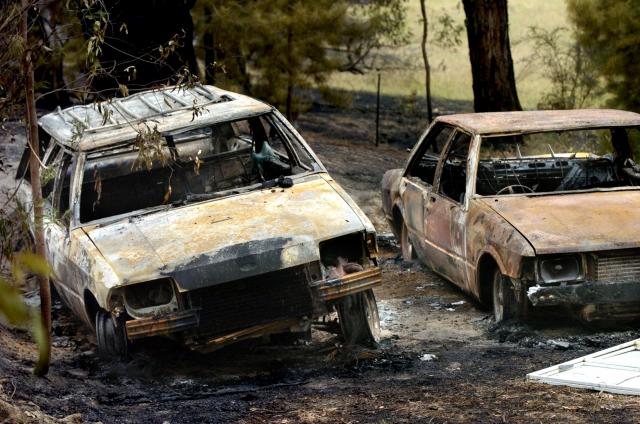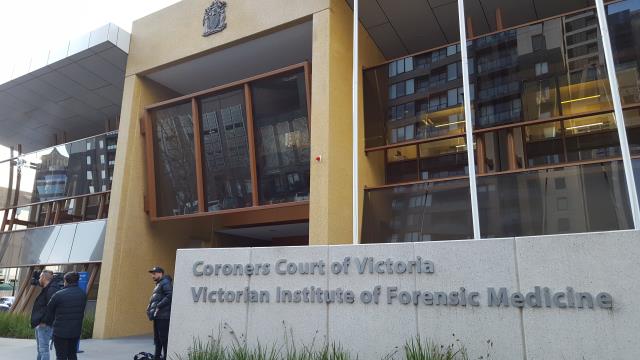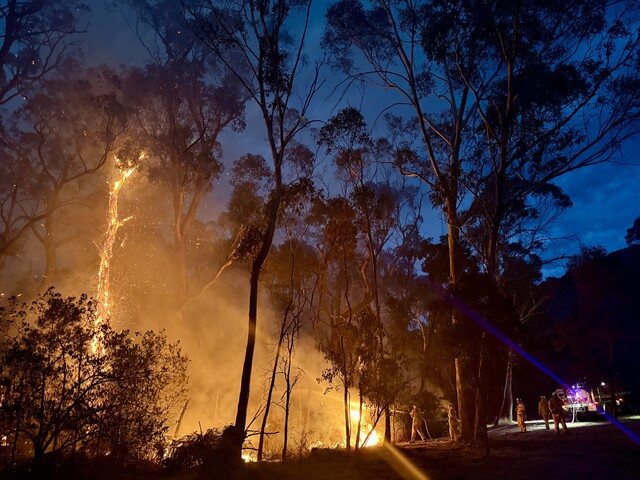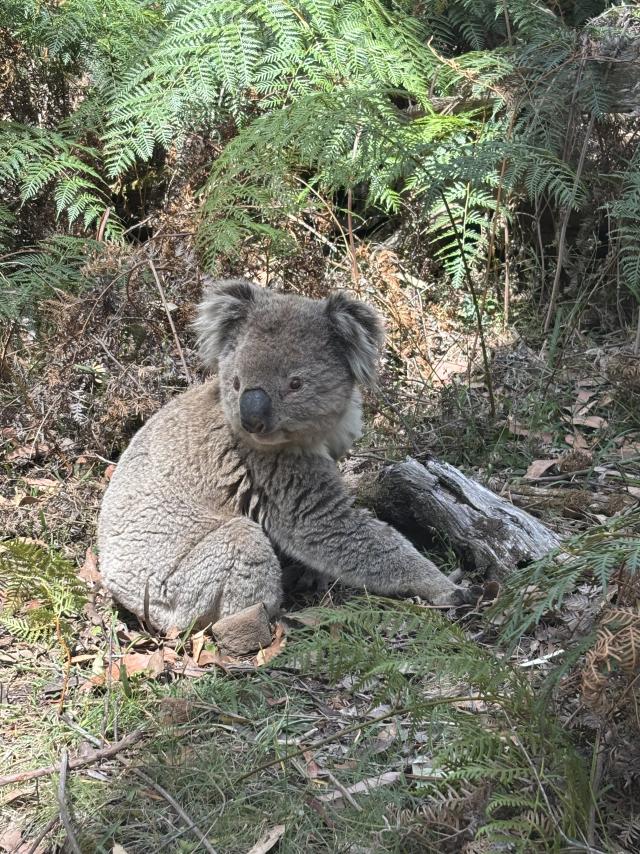Asthma sufferers are warned to keep an eye on symptoms after a moderate thunderstorm warning has been issued for around the Yarra Ranges on Thursday 10 November.
This is compounded by another predicted thunderstorm for Sunday 13 November.
Adjunct Clinical Professor, Eastern Health Clinical School Research and Director of Respiratory Medicine and Monash University Professor Frank Thien said grass pollen allergy can trigger life-threatening asthma requiring intensive care admission, especially in those with poorly controlled or unrecognised asthma.
“Patients may present with asthma symptoms soon after exposure, or in the following days with an asthma flare-up that they may have been trying to manage on their own.”
People who have asthma or hay fever can get severe asthma symptoms during grass pollen season when high amounts of grass pollen in the air combine with a certain type of thunderstorm.
Epidemic thunderstorm asthma is when a large number of people develop asthma symptoms over a short period of time.
Epidemic thunderstorm asthma events are uncommon and don’t occur every year. In south-east Australia, they can happen during grass pollen season from October through December but are not the cause of seasonal increases in asthma symptoms seen every year.
Thunderstorm asthma can affect those with asthma or hay fever – especially people who experience wheezing or coughing with their hay fever.

